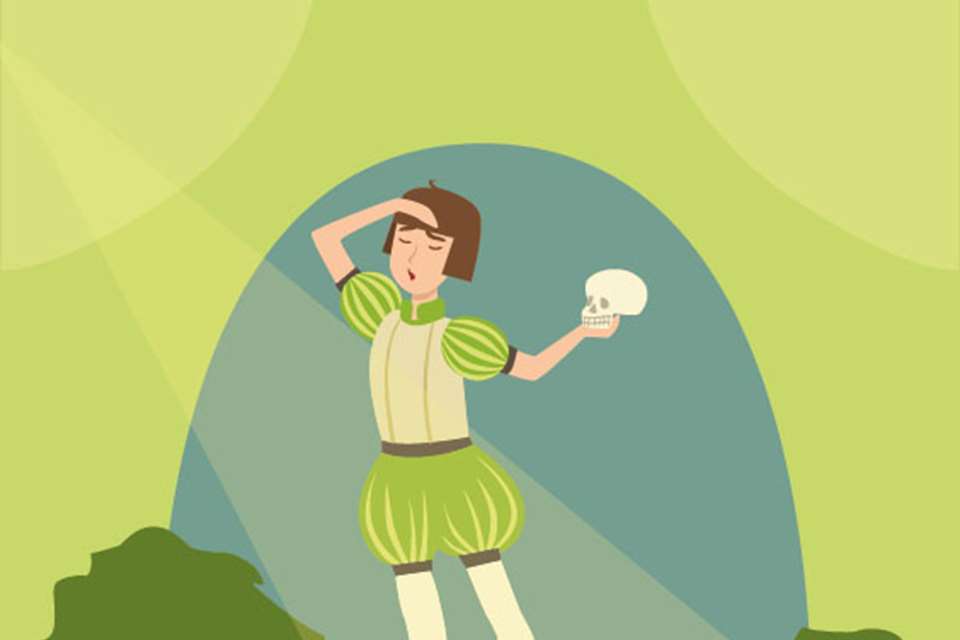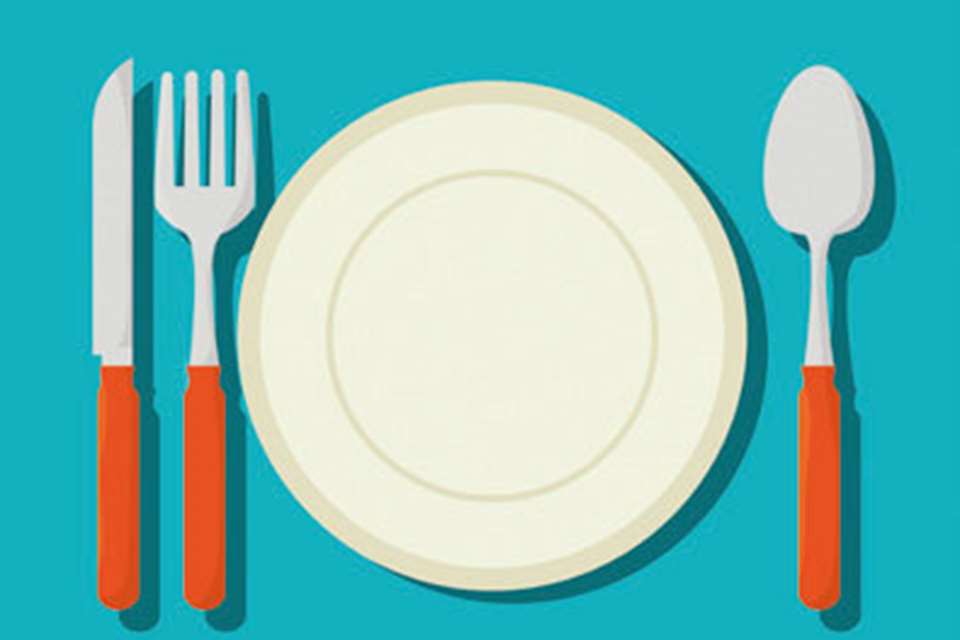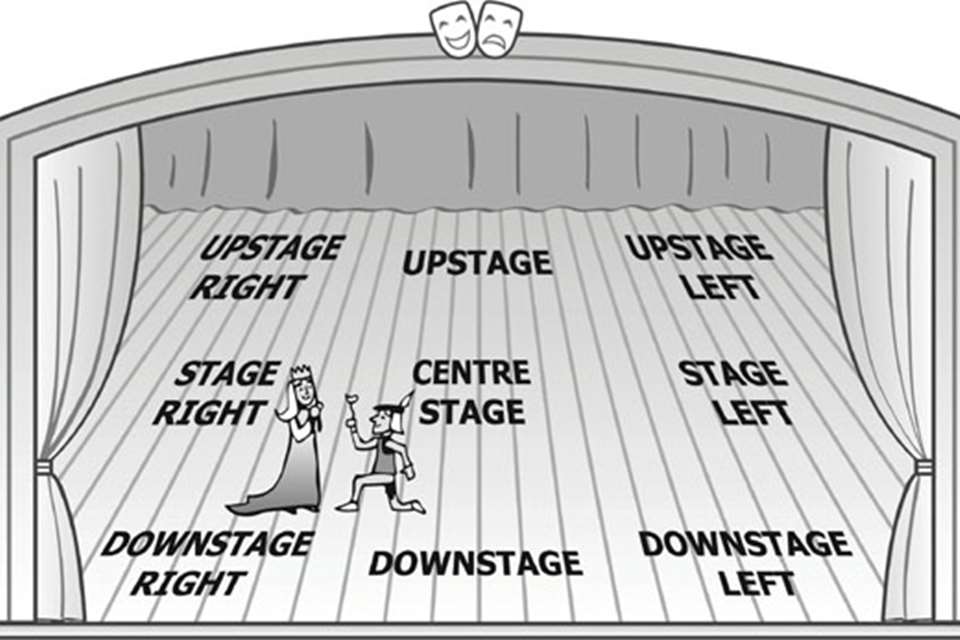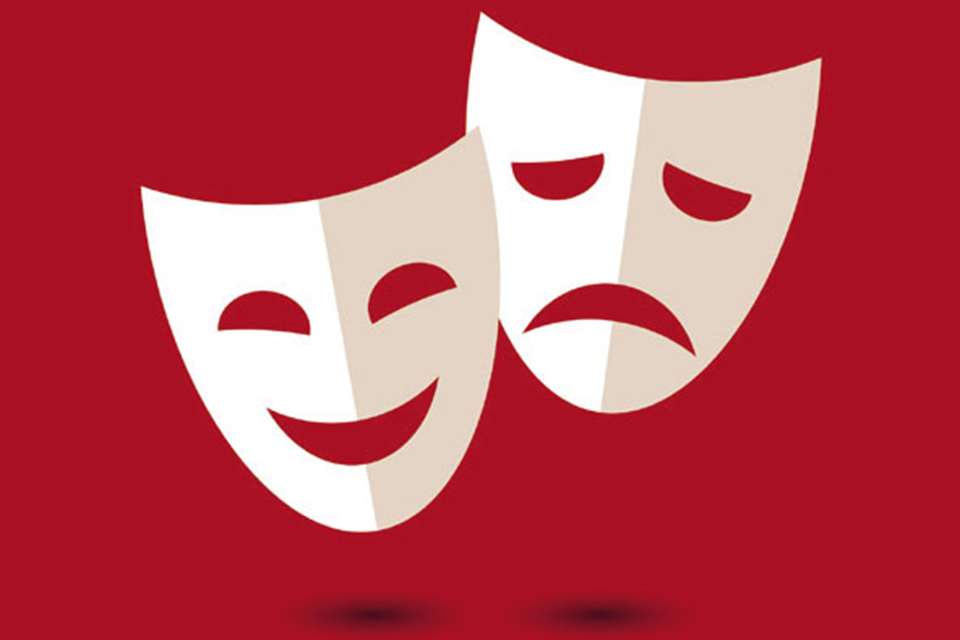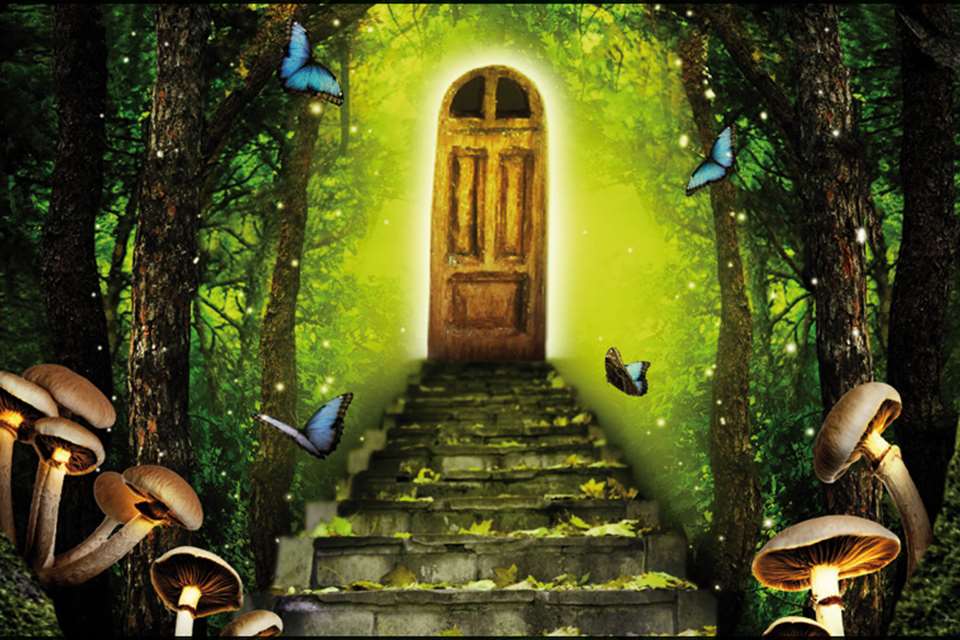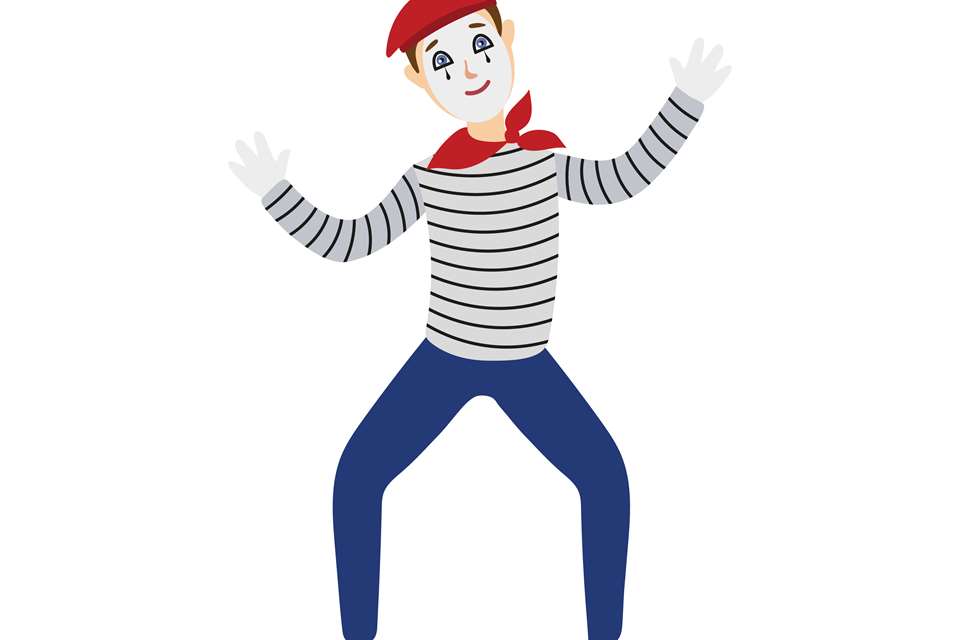Drama Game: Stop, Go, Jump, Clap
David Farmer
Sunday, May 1, 2022
David Farmer establishes Stop, Go, Jump, Clap – a warm-up and characterisation game for drama students aged 5 and above.
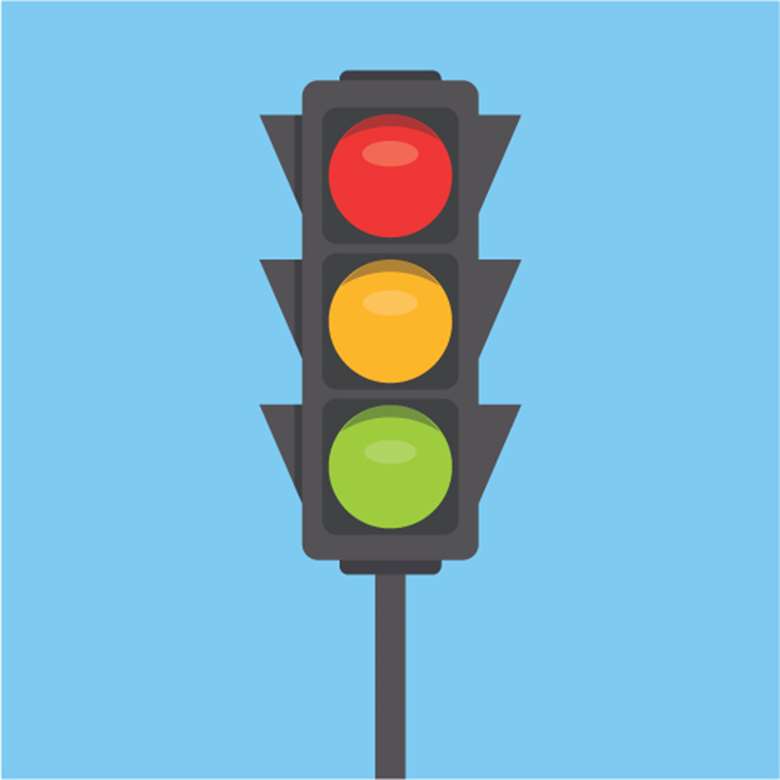
Adobe Stock/ Artway
Age: 5 years +
Players: whole class
Time: 10 minutes
Skills: concentration, movement
Part one
With the class spread out in the space, explain that they will learn four simple actions. Begin with ‘stop’ and ‘go’, encouraging students to listen and respond quickly. ‘Go’ means walk around the space and ‘stop’ means stop as still as a statue. Once students are confident, introduce ‘jump’ (jump in the air) and ‘clap’ (everyone claps at the same time). After a while combine these instructions in a random order, for example, ‘go, stop, jump, clap, go, clap’.
Part two
When they've got the hang of part one, introduce the next challenge by saying:
We're entering an alternate universe, where ‘stop’ means ‘go’, ‘go’ means ‘stop’ — and of course ‘clap’ means ‘jump’ and ‘jump’ means ‘clap’!
As you try out these reversed commands on the class, go easy as it will take students a while to get used to the new meanings. However, it usually causes much head-scratching and hilarity.
Part three
This optional part is perfect for exploring characters, emotions or activities. Explain that we're returning to the normal universe, so all commands regain their original meanings: ‘go’ means ‘go’ and so on. Tell them that the next time you call ‘stop’ you will also say ‘show me…’ and then the name of a character. They should make a statue of that character. You can explain this by saying:
Make your very best statue of the character. When I say ‘go’, can you move as that character would move? Can you jump as the character would jump and clap as they would clap?
After a while, stop them again and introduce the next character, emotion or activity.
Examples
- Characters: Dracula, Winnie the Pooh, Sherlock Holmes, Cruella de Vil, Cheshire Cat
- Jobs: astronaut, dog trainer, fire-fighter, plumber, spy, nurse, pop star
- Emotions: amazed, depressed, angry, nervous, proud, in love, confused, terrified
- Activities: driving, golfing, knitting, playing the piano, skiing, writing, eating chips


